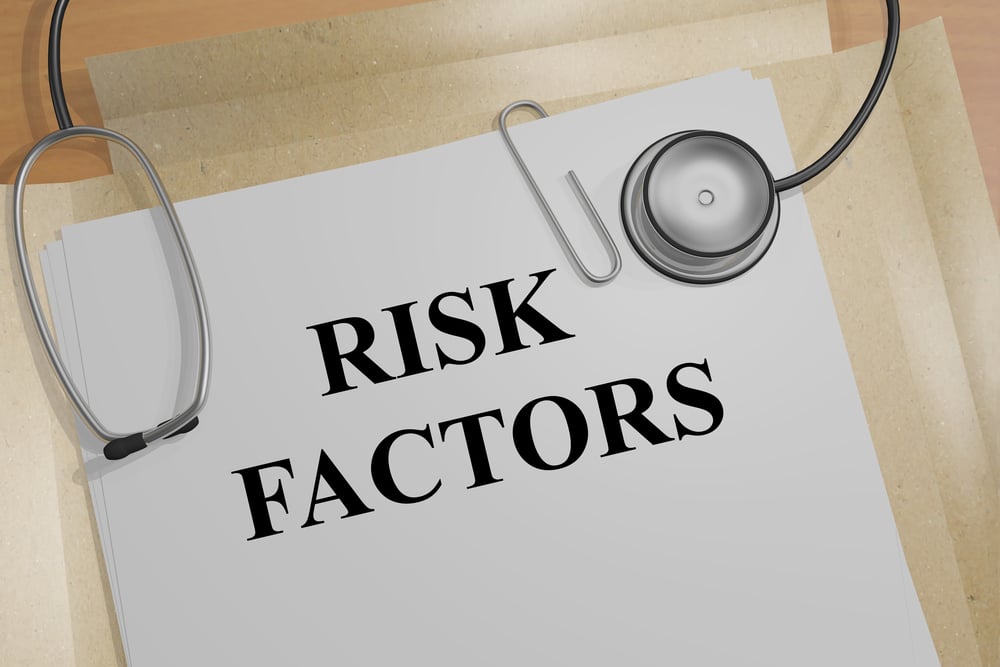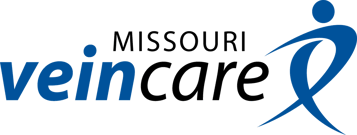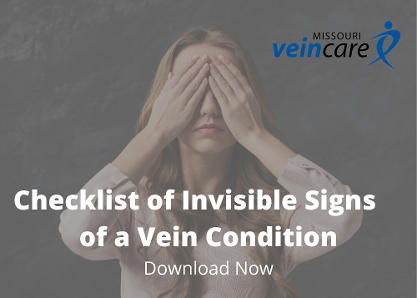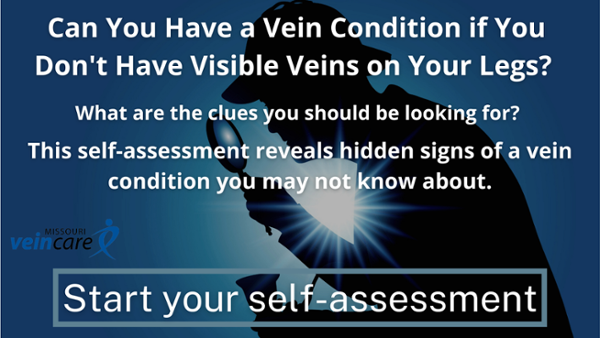What Are Risk Factors for Developing Varicose Veins?

Chronic venous insufficiency affects as many as 30 million adults in the United States, and more than 6 million people have advanced-stage venous disease. The symptoms of a vein condition are not always visible and are often ignored and considered as a “normal” part of the aging process. It’s important to know the risk factors that may increase the likelihood of developing a vein condition.
With such a high number of people who are likely dealing with a vein condition and don’t know it, there are several risk factors to take into consideration.
Family History
If both parents have a vein condition, there is a 90% chance that their children will have a vein condition. There is a genetic link with vein reflux, so think about your parents. Did they have any of the symptoms of a vein condition? Did they suffer from leg pain, leg swelling, leg cramps, or fatigue? Did they struggle to participate in activities, especially in the evenings, and want to sit down and elevate their feet? Some may have had spider veins around their ankles or bulging varicose veins. Review our checklist to see a complete list of symptoms. If your parents suffered from any of these, it is likely that you will also.
Inactivity
You are more likely to develop a vein condition if you have a job or a lifestyle with long hours either sitting or standing. The reason is that sitting or standing in one place doesn’t activate the calf muscle. The act of walking causes your calf muscle to contract, and that stimulates circulation. Going for long periods without walking increases the likelihood of stagnant blood pooling in the lower legs. This can lead to developing a vein condition, or If you have a vein condition already, it can worsen it. Walking and movement are important to your circulation. If you spend long hours sitting or standing, make time periodically to walk around - 10 minutes every few hours will help.
Aging
There is an age connection with varicose veins - some estimates predict that as much as 50% of the population over the age of 50 has a vein condition. Vein reflux does worsen over time, so it’s not that younger people don’t have a vein condition…it’s that older people tend to have more pronounced symptoms. For that reason, it’s important to treat a vein condition early and prevent the symptoms from becoming extreme.
Women & Pregnancy
Women are 3x more likely to develop a vein condition. This is because of hormonal changes throughout a woman’s life.
This is especially apparent with pregnancy. A pregnancy, and the number of pregnancies a woman has, are also contributing factors. To help the unborn baby grow and develop, a woman's body produces more blood than normal. This increase puts more pressure on the veins. Additionally, pregnancy hormones prepare a woman’s body for delivery and the vein walls soften and become more elastic to accommodate the increased blood flow. Lastly, the growing size and weight of the unborn baby puts additional pressure on the abdomen. This can impede blood flow, causing it to pool in the lower legs. That’s often why pregnant women experience swollen feet and ankles in their third trimester. These conditions repeat with each subsequent pregnancy. All of this together results in an increased chance of developing vein reflux.
Obesity
Carrying additional abdominal weight puts pressure on the veins in the abdomen. Additionally, obesity typically is often characterized by a sedentary lifestyle. As we discussed above, this impedes circulation in the lower legs causing blood to pool. These combined factors contribute to the development or worsening of a vein condition.
What Can Be Done?
While we can’t change your family tree or stop the aging process, we can do something about a vein condition. Treatment helps people feel better and live healthier. Often, when a patient feels better after treatment, it inspires them to lose any extra weight they might be carrying. If you are a mom who needs the energy required to care for a growing family, vein treatment will help you feel better.



